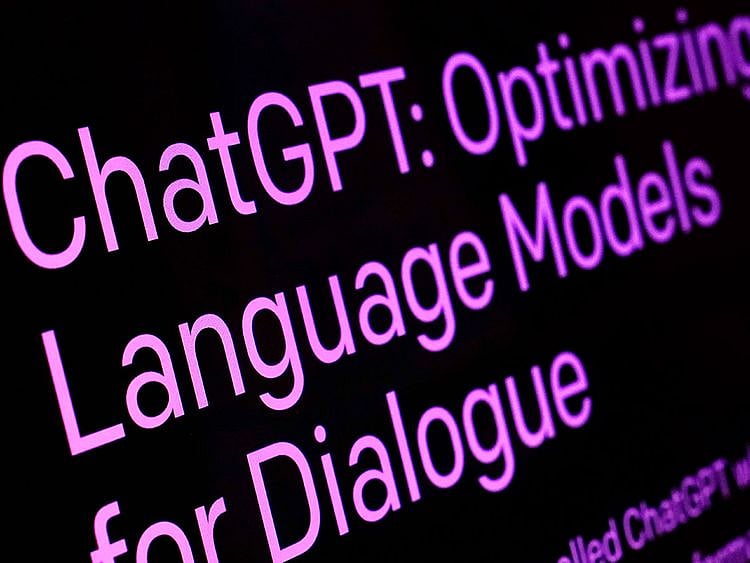ChatGPT is coming to Slack, and it will help write your messages
Putting ChatGPT into Slack could get the AI technology in front of millions of new users

New artificial intelligence tools that can have humanlike conversations, create images and answer complex questions have popped up rapidly over the past year. Now they're coming to Slack.
Business software giant Salesforce, which bought the office communication app in 2021, announced a deal Tuesday with ChatGPT maker OpenAI to bring the company's chatbot technology into Salesforce's products. Inside Slack, the bot will be able to summarize conversations, draft replies and help users research topics. The tech artificial intelligence technology will also be integrated into Salesforce's sales software, which is used by tens of thousands of companies and organizations to market and sell products around the world.
The deal is the latest in a stampede as tech companies seek to deploy "generative AI tech" into their products. Microsoft announced a multibillion dollar deal with OpenAI in January into use its tech to answer questions directly in its Bing search engine, while Google has said its bot, called Bard, will be available to the public soon, too. Proponents of the tech say the chatbots will revolutionize how people interact with computers and software, while skeptics point out that the bots make glaring mistakes and question whether the big companies are simply piling onto a trend to keep up their reputations for being innovative.
Also Read
ChatGPT is a great conversational tool, but can it be ‘you’? Whether you are ready or not, AI is comingUS: ChatGPT launches boom in AI-written e-books on AmazonElon Musk recruits team to develop OpenAI's ChatGPT rival - reportA week after its launch, Microsoft's Bing bot started giving bizarre and hostile answers in some longer conversations, calling itself Sydney and accusing people asking it questions of having malicious intent. Generative AI tools are trained on public data online, and they can reflect the same racism, sexism and biases that are prevalent on the internet. AI ethics experts have warned that companies should be cautious about pushing the new tools out to millions of people before more thorough testing and development.
Nevertheless, there's a flurry of new product announcements and deals with AI companies, especially OpenAI. Salesforce's announcement comes one day after Microsoft said it would put ChatGPT into its products that compete directly with Salesforce's. Microsoft has already added chatbots to some versions of its Slack competitor, Teams.
Putting ChatGPT into Slack could get the AI technology in front of millions of new users, marking a test of whether regular people will use it in their daily lives. Workers have been experimenting with ChatGPT and other generative AI tools for months, using them to generate emails, brainstorm ideas or write computer code. Questions of whether the bots can increase productivity, are a threat to people's jobs, or will soon fade into the background are swirling around American offices, much like when it comes to their use in schools and universities.
OpenAI has begun a closed test of the Slack bot before making it more broadly available.
The AI bots are trained on massive amounts of text from around the web. They work by predicting what word or sentence would make most sense in response to a given prompt, based on what they've learned from all that human writing they've read. Sometimes, their answers seem bright and creative, while at other times, they come across as rote and unhelpful. The bots also don't have their own understanding of what's true or not, and they frequently make up information and pass it off as real.
Still, the world's biggest technology companies are pushing the tech, and putting aside some of the caution they had used when dealing with previous iterations of cutting-edge AI tools. Microsoft had to rein in its Bing chatbot by limiting the number of back-and-forths it can have in each conversation after it began giving the odd and aggressive answers. But the company almost immediately began relaxing the new limits.
As part of its Tuesday announcement, Salesforce also said it was starting a new $250 million fund to invest in generative AI start-ups.
Sign up for the Daily Briefing
Get the latest news and updates straight to your inbox
Network Links
GN StoreDownload our app
© Al Nisr Publishing LLC 2026. All rights reserved.